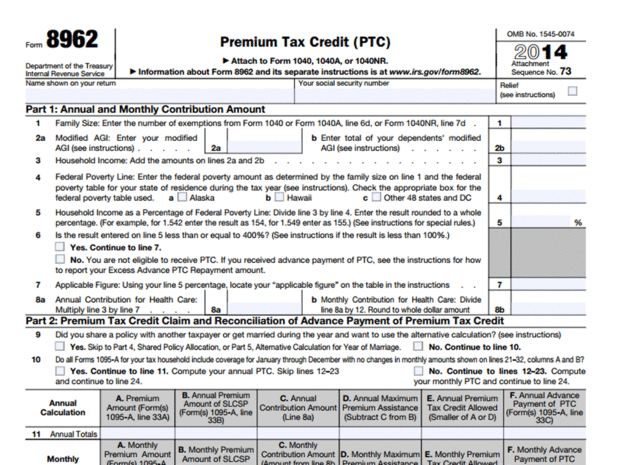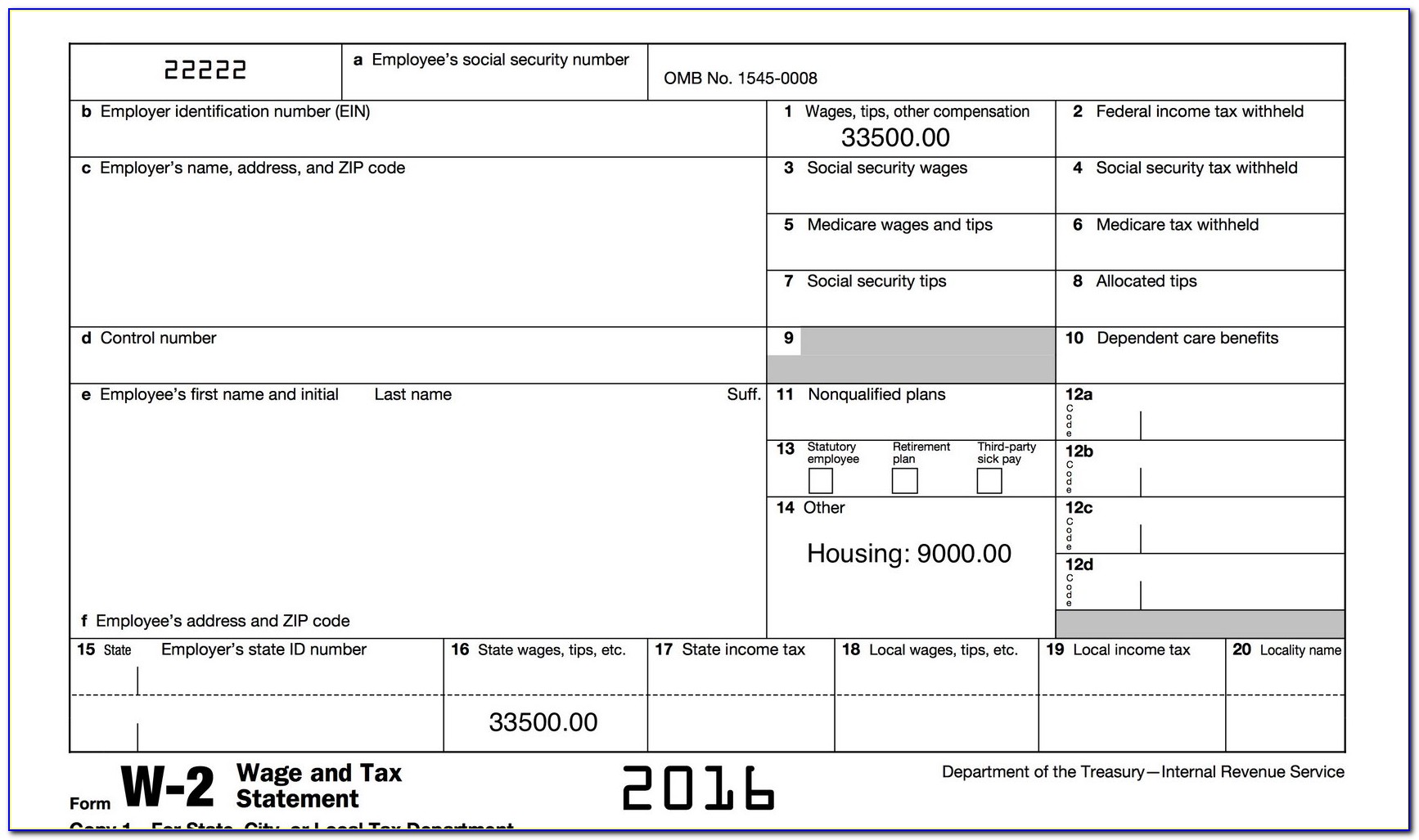

They normally come to work and leave the office at a particular time and complete their tasks by the deadline you set. What’s the distinction between a contractor and an employee?įor one, you can exert more control over your employees’ work. The former stands for an independent contractor, while the latter refers to a traditional salaried employee. W2: Difference between forms of employment Let us compare the main forms of employment so that you can decide which one works better for you.

In a nutshell, there are two forms of worker classification and, consequently, two ways of hiring employees: 1099 and W2. If you are still working for the business, you should carefully consider your situation when deciding whether or not challenging your classification is worth the potential harm to your employment relationship.As a small coworking space business owner or an entrepreneur preparing to hire your first employees, you might be wondering whether it pays to include them in your payroll or to instead contract freelancers. It is not clear whether being fired for trying to straighten out your worker classification would be considered a wrongful discharge. Can my employer fire me if I ask the IRS to determine my classification? It is unclear whether there are any laws to protect you from being fired.In the meantime, you can pay your share of Social Security and Medicare taxes on a form. It can take the IRS up to six months to make a decision. To ask the IRS to decide, you have to file a Form SS-8. Who can decide? The IRS has the power to decide whether you are an employee or independent contractor.

The intentions of the two parties can be very helpful, especially when the relationship is hard to determine from the other two factors. O Is the service you provide crucial to the business? O Do you get benefits such as paid leave, pension, or health care? If so, then this may be evidence of an independent contractor relationship. If so, you are more likely to be an employee. O Are you paid by the hour and get a weekly paycheck? If so, you are more likely to be an independent contractor. O Do you have the opportunity to make a profit or a loss? If not, and the expenses are high, it may indicate you are an independent contractor. O Are you reimbursed for all your business expenses? If so, you may be an independent contractor. O Did you need to make a significant investment in your work? (A significant investment is not always a certain dollar amount, but it must have substance.) If so, these indicate control and the possibility of an employment relationship. O Where to purchase supplied & equipment? O What assistants to hire to do the work?


 0 kommentar(er)
0 kommentar(er)
